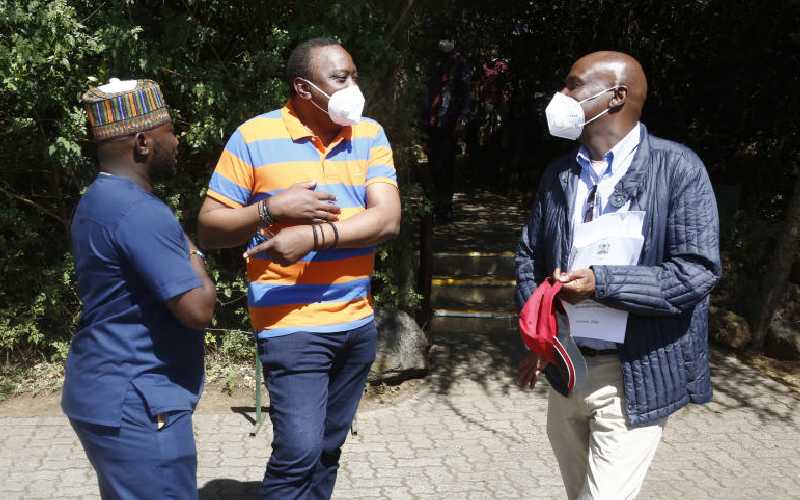×
The Standard e-Paper
Stay Informed, Even Offline

The number of MPs representing Nairobi at the National Assembly will almost double if proposals contained in the Building Bridges Initiative (BBI) report are implemented.
Pro-BBI senators and members of the National Assembly yesterday approved a formula to allocate 70 additional seats that are proposed by the BBI document.